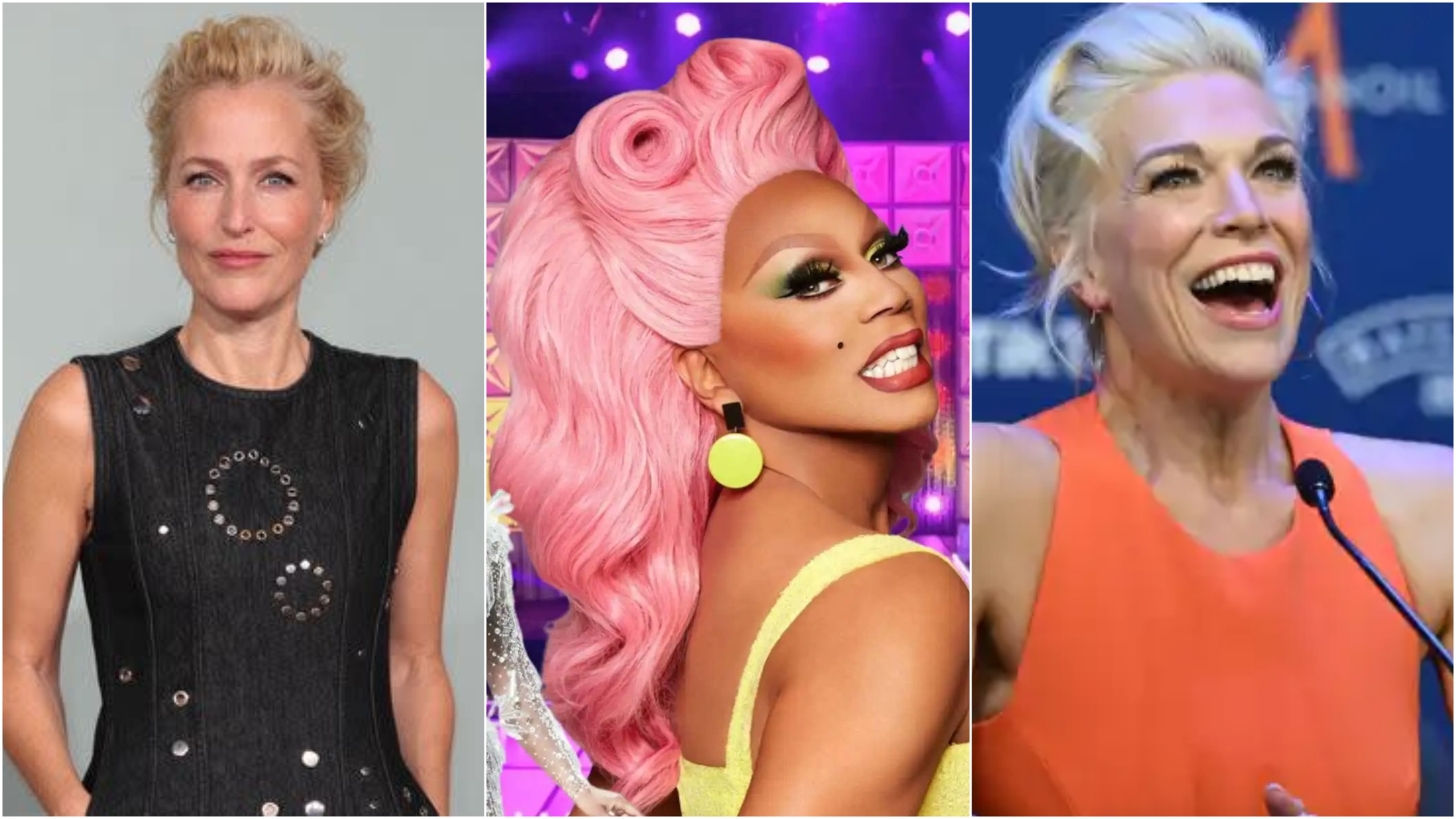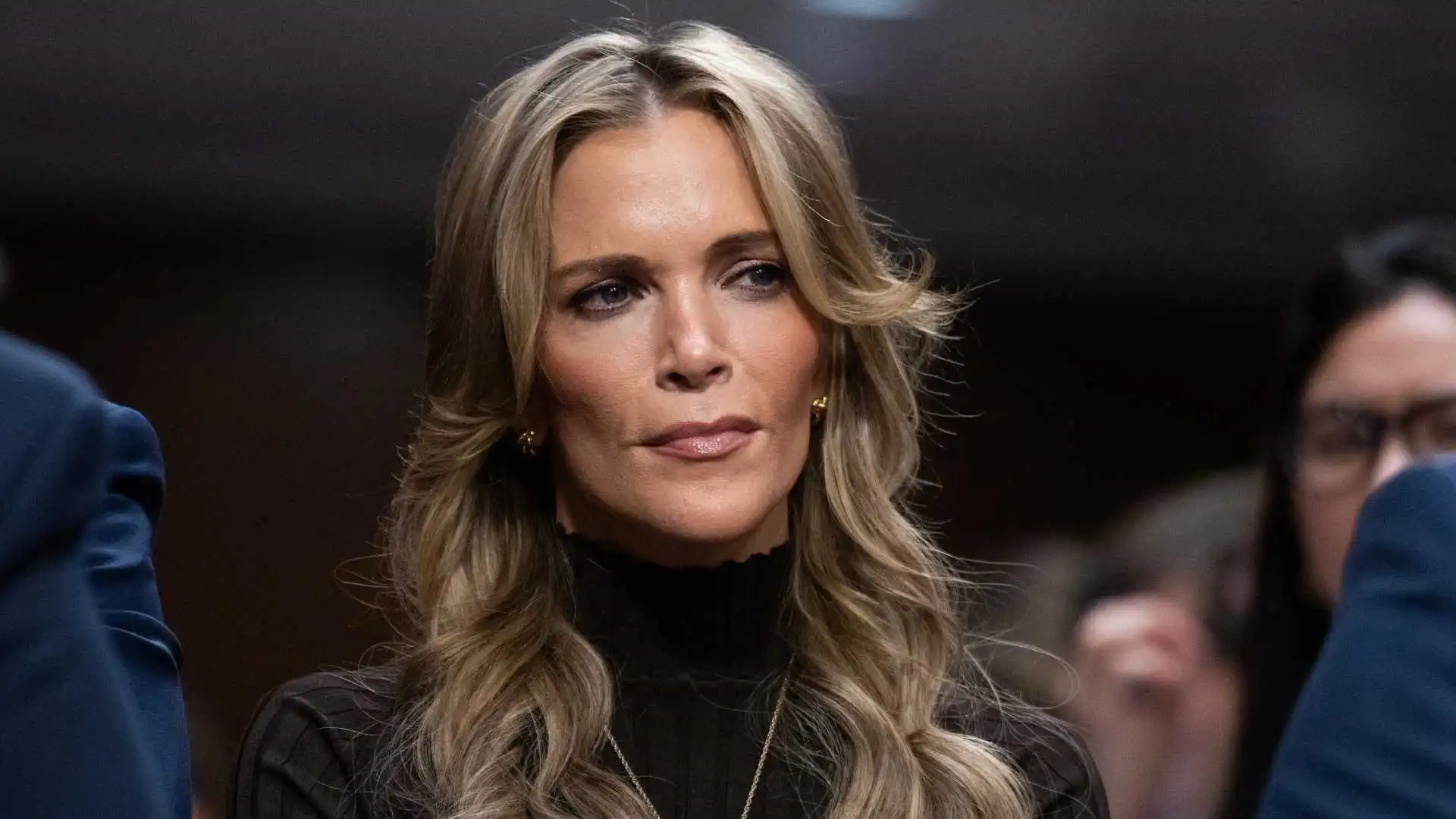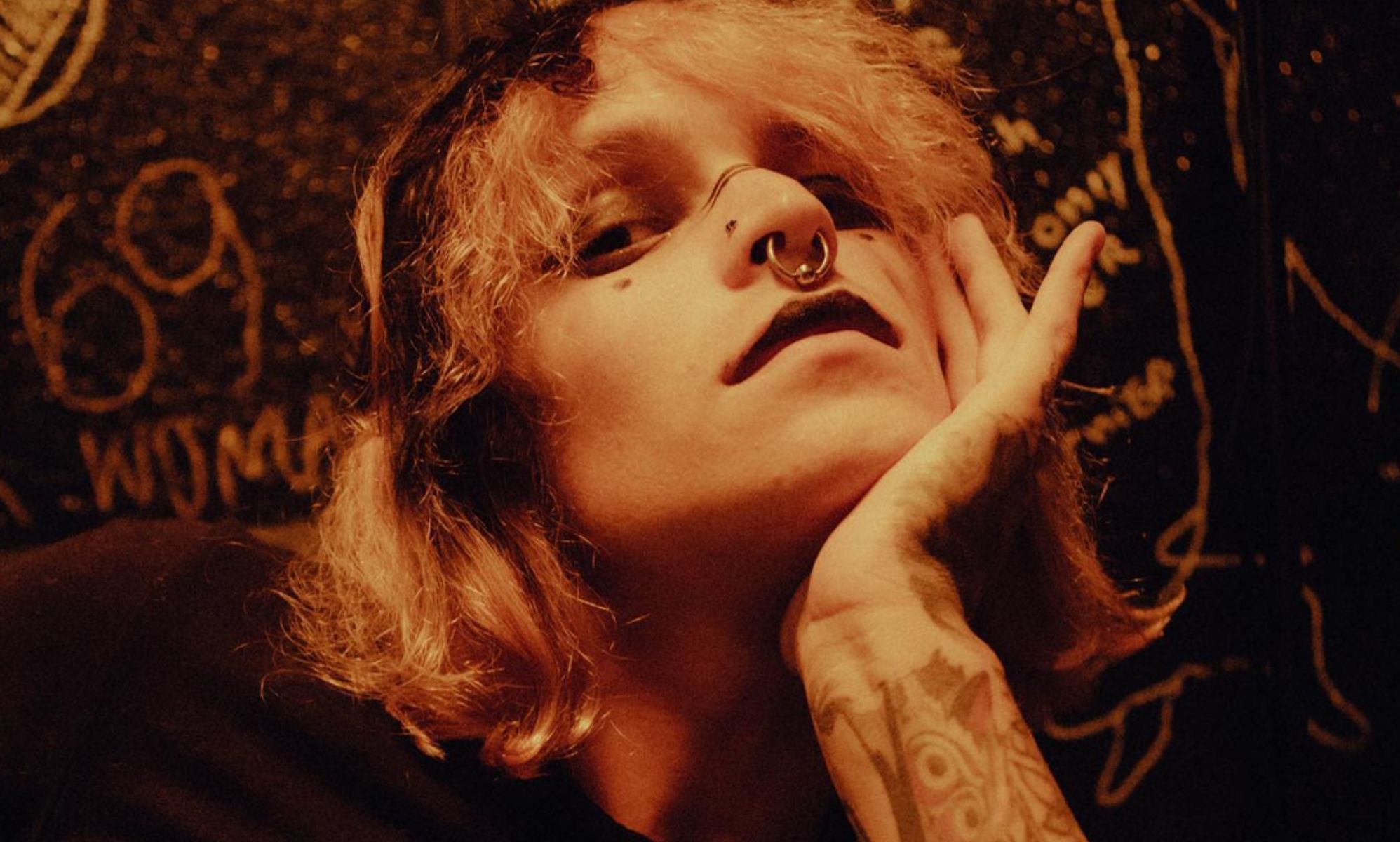What does ‘mother’ mean in gay slang? Here’s the tea
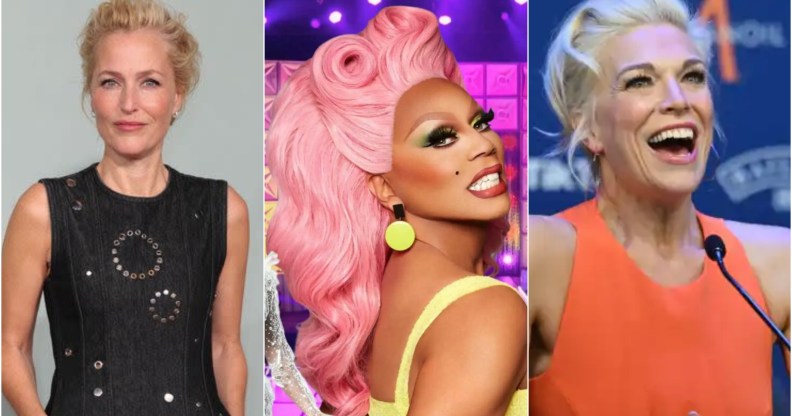
(L-R) Gillian Anderson, RuPaul and Hannah Waddingham are just three of many celebs who’ve earned the title of “mother) (Getty)
There are plenty of iconic LGBTQ+ figures out there, but only a few make it to “mother” status. “Mother” has become a staple of gay slang in recent years, but what does it actually mean?
“Mother” is, these days, a label bestowed upon certain celebrities, and the term has now cemented itself in the queer dictionary of internet vernacular, alongside “daddy”.
Whether it be Hannah Waddingham, Cate Blanchett, Angela Bassett, Laverne Cox or Lady Gaga, all these women have been branded “mothers” for their (often unintentional) contributions to online culture.
What does “Mother” mean?
A “mother”, in this case, is not defined as a person having raised children. “Mother” refers to a feminine figure deserving of icon status, whether that be an actor, pop star, or other known celeb type.
Though the term is often linked to women, it can be used in a genderless manner – meaning, anyone and everyone can be “mother” if they put their mind to it!
However, the current use of “mother” is more often than not reserved for famous, usually slightly older women by their avid and devoted fans – who view them as a deity. It’s a title that denotes deep respect.
Where does the term “Mother” come from?
Though it seems likely, EastEnders’ iconic “you ain’t my mother!” scene is not the true origin of “mother”.
“Mother” as a phrase and concept actually has deep ties to the Black and Latino LGBTQ+ ballroom community.
This queer subculture gathered into groups called houses that were led by a “mother”. This idea of “mothering” is rooted in this 1960s drag culture, before it permeated into ballroom culture.
Now, “mother” has become so popular that even straight Twitter (or X, if you insist on calling it that) is aware of the term.
That, in part, is thanks to RuPaul’s Drag Race where RuPaul fronts the show as Mother Ru with the core concept being that she is mothering a new generation of drag artists.
Who is “Mother”?
There are many “mothers” for us to celebrate, but among them, there are certainly some standouts.
First, though, we must understand the layers of “mother”. There are some categories within the label; there’s the gay mother, the lesbian mother and the mother of mothers.
Eurovision mother Hannah Waddingham is an example of a more gay-leaning mother. She has been catapulted to the status of British national treasure for her refusal to put up with b*llsh*t, sincere LGBTQ+ allyship and surprise at being the internet’s newest “mother“. Gay men make up a significant proportion of her fan base.
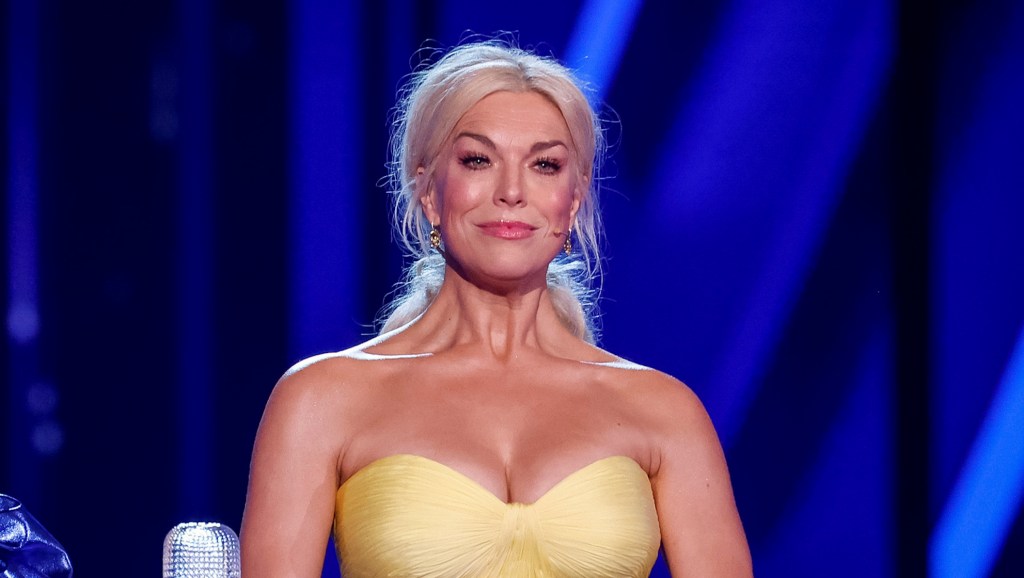
When first told she was the internet’s “mother”, Waddingham appeared confused, saying: “Can I just ask if that’s a good thing?” Eurovision co-presenter and Drag Race UK judge Graham Norton also jumped in, telling her to “go with it”.
Waddingham was swift to embrace her new title, flashing a beaming smile and saying: “OK, just checking” and “Oh good, excellent, thank you!”
Waddingham is a great example of a gay “mother”, but what about the lesbian “mother”? This figure differs slightly in that it’s a woman who commands attention differently: basically, she’s the female version of a “daddy”, older, wiser, more dominant, and decidedly swoon-worthy.
Take Cate Blanchett, dubbed a “mother” by thirsty sapphic fans for her classic gay roles in acclaimed LGBTQ+ dramas like Carol and Tár. The Hollywood star is certainly deserving of “mother” for her initiative to support trans and non-binary people in film, as well as fully embracing the lesbian icon status she has been granted.
Then, the final boss, the mother of all mothers for her mothering. The mother’s mother.
Black Panther: Wakanda Forever star Bassett is a notable mother of mothers. Most recently, her celebration of Ariana DeBose’s ‘Angela Bassett did the thing’ rap once again solidified her icon status as a queer “mother”.
Bassett exudes a comforting – but also heroic – essence, proving she’s a golden soul as she defies expectations; she also seems like she’d give an amazing hug. Like Mama Ru, she gives off “mentor” vibes.
In short, calling someone “mother” is about honouring the feminine in all its forms: a woman who you (as an LGBTQ+ person) find incredibly attractive; or a female celebrity who is particularly worthy of respect; or someone who takes care of and guides others; or any female icon who deserves to be raised up on a pedestal.
Like Billie Eilish saying “mommy? sorry” over and over again on Jimmy Kimmel Live!, we love and appreciate all our “mothers” in whatever shape or form they come in.

